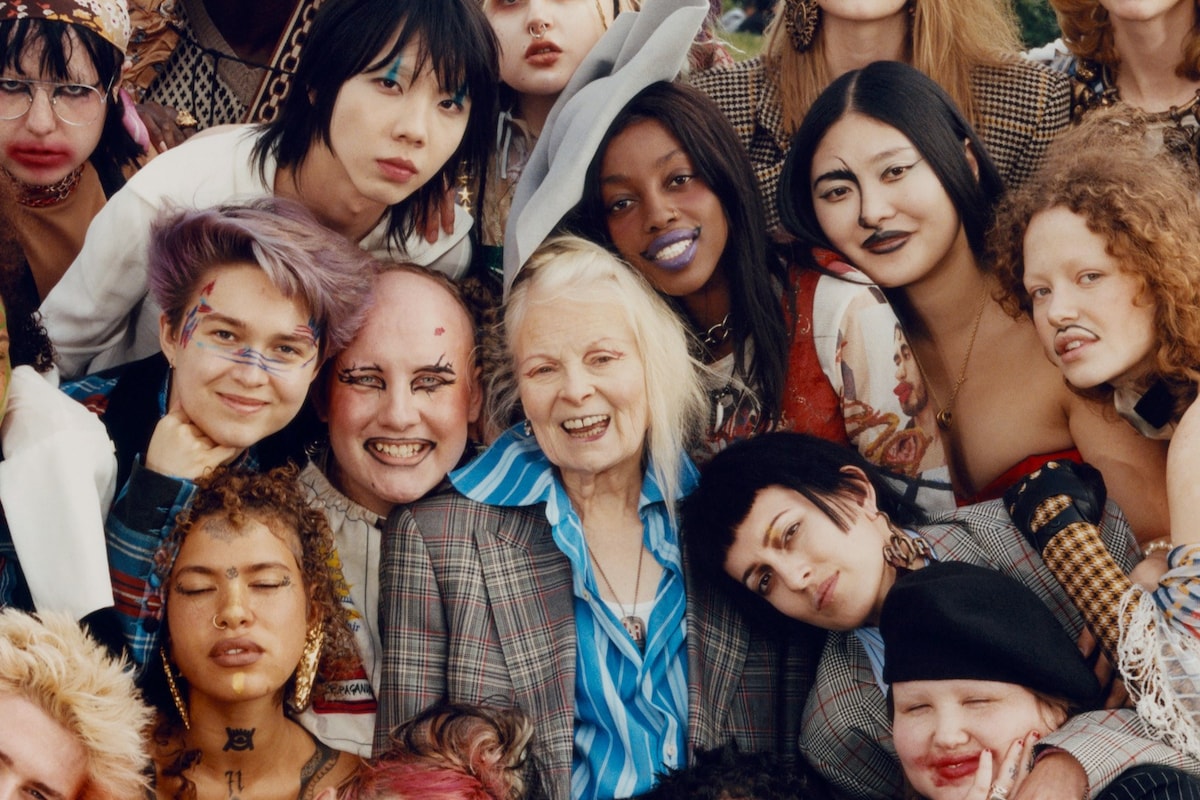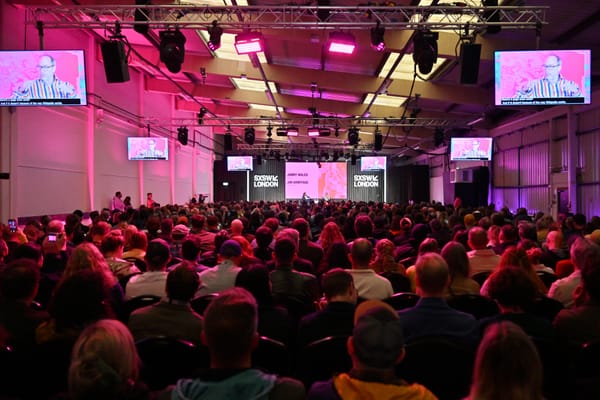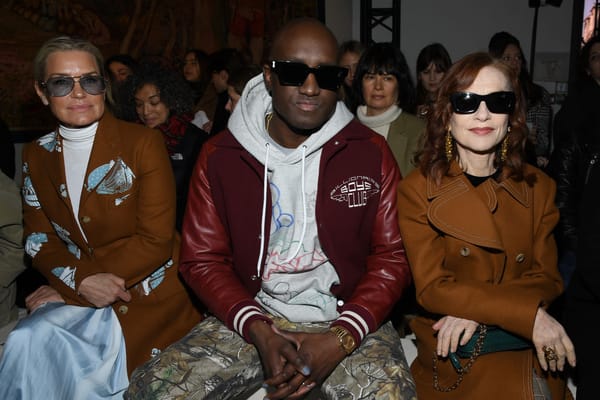From local lore to global impact: why folk culture matters now
Why brands can’t afford to ignore the new power of local.
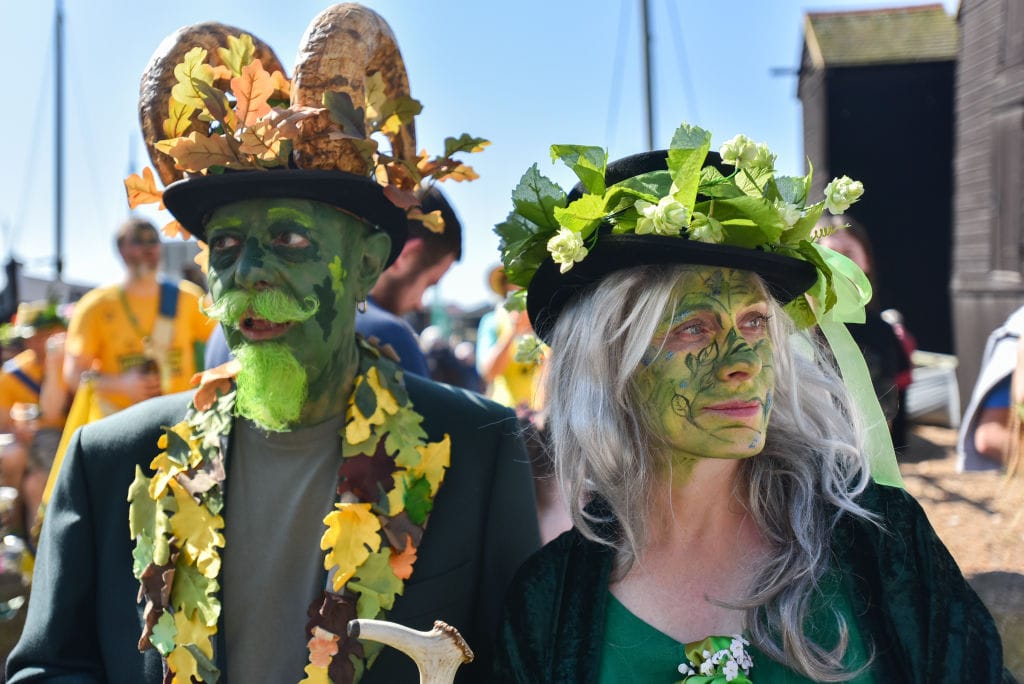
Folk is back. From rituals to regional pride, here’s why brands can’t afford to ignore the new power of local.
The rise of tradition around the world, for me, signifies a call for a return to simpler times. As a strategist, complexity is something we look to crawl through and solve. Now, people are taking this into their own lives, returning to traditional practices. It’s almost a way of saying: ‘I’m tired of sense making around constantly new and shifting ideals, and looking for lessons in timeless places.
- Ayo Fagbemi, Co-founder & Strategy Director of Explorers Club
Last year, I moved to St Leonards-on-Sea, a faded Victorian seaside town in the borough of Hastings. I was drawn to its open-minded, creative charm, its layered history, the sea air, and the fact it sits on ancient ley lines. More than anything, I felt the pull of living outside the noise of the city.
This shift coincided with a broader cultural trend I wrote about in our report CTRL_SHIFT: the rise of regionality. In an era where globalisation has often led to cultural homogenisation, individuals and communities are seeking ways to reconnect with their unique cultural identities. As a self-proclaimed ‘DFL’ (that’s local speak for ‘Down From Londoner’), what’s struck me most since relocating is the deep sense of history, tradition, and quiet pride that flows through East Sussex.
There’s a richness to the rituals here, from seasonal fairs to folklore-fuelled festivals, that speaks to something powerful and enduring. Culture that’s shaped by place, through history, for its people. At a time when so much of life is flattened by algorithm and scale, these local textures feel not only grounding, but meaningful.
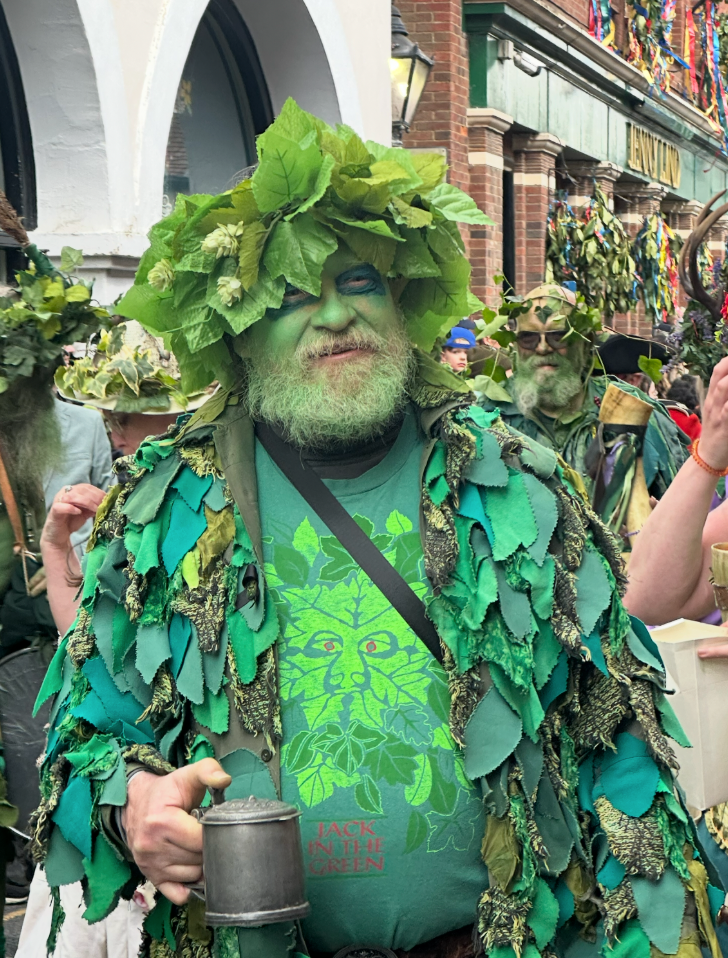
Why the folk? Why now?

We live in a void
This void, this identity crisis, needs to be filled – which is why Cooper, like creators, influencers and writers across the world, is leading a resurgence of interest in our pagan and folkloric past.
– Epigram article referring to Charlie Cooper's Myth Country, a BBC documentary series
We’re seeking belonging and connection
Folk has origins in homogeneous communities, emerging from small, isolated groups living in rural areas, where members share similar cultural values and practices.
– Oxford Bibliographies
The power of folk in culture now
The resurgence of folk music
Several rising British bands are using centuries-old ditties to discuss hot-button issues like prison abolition, trans rights, and the gig economy.
Youth’s pagan fascination
Paganism and witchcraft is about freedom. It puts the (spiritual) power back in your hands.
– Dazed
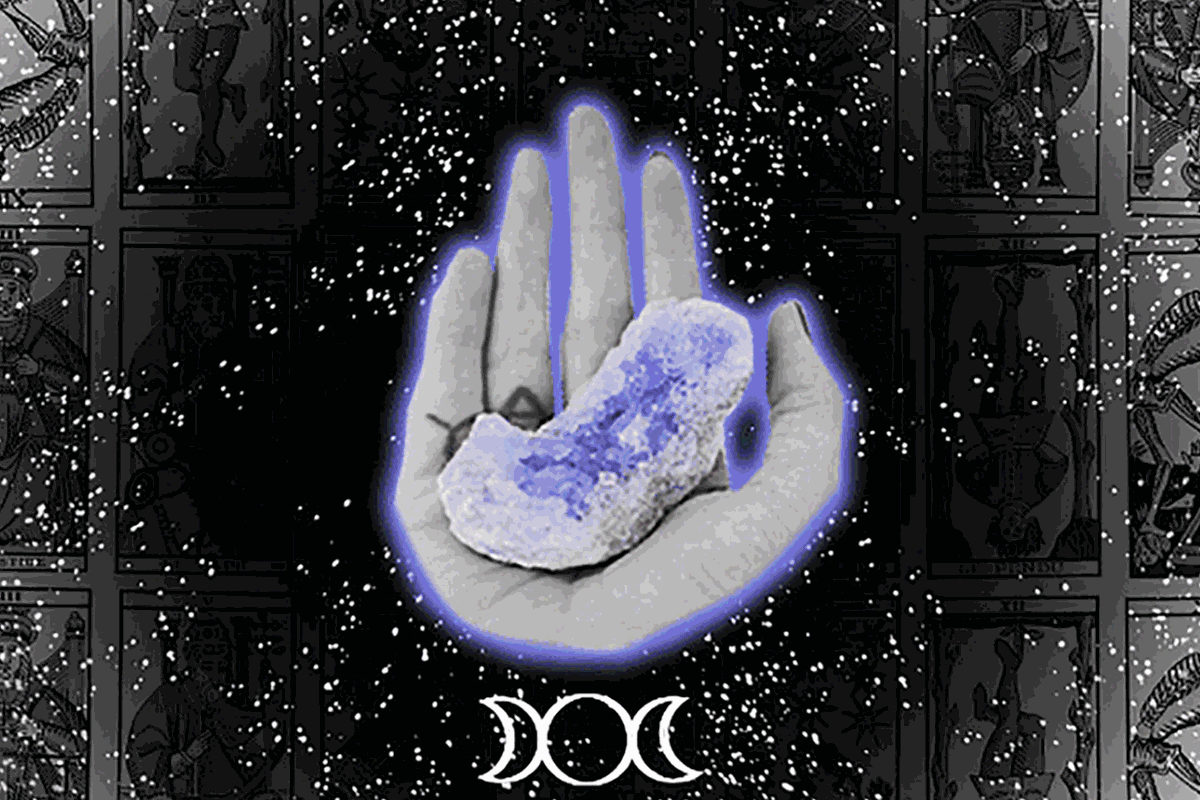

Weird Walk, a community & zine
Weird Walk is a zine that explores the “histories and mysteries of the British landscape”. It has developed into an in-person community, brought together through publishing, music and events.
Designers championing their local identity through fashion
Chopova Lowena is known for blending traditional Bulgarian folk dress with subcultural references. Their signature kilt-style skirts, made from deadstock Bulgarian fabrics, are a rebellious reimagining of national costume through a London youth style.
Grace Wales Bonner weaves Afro-Atlantic histories into impeccably tailored collections. She often references spiritual iconography, academic texts, and diasporic craft practices, from kente cloth to reggae sound systems.
New York-based Batsheva reinvents modest prairie dresses inspired by Orthodox Jewish and Mormon traditions, giving them a feminist, ironic twist. Think Laura Ashley meets Riot Grrrl.
Ancient rituals in wellness
The ancient Indian wellness trend Ayurveda has made a comeback in recent years alongside other historical beauty rituals (Cosmetic Business, CN Traveller).
The stats of the matter
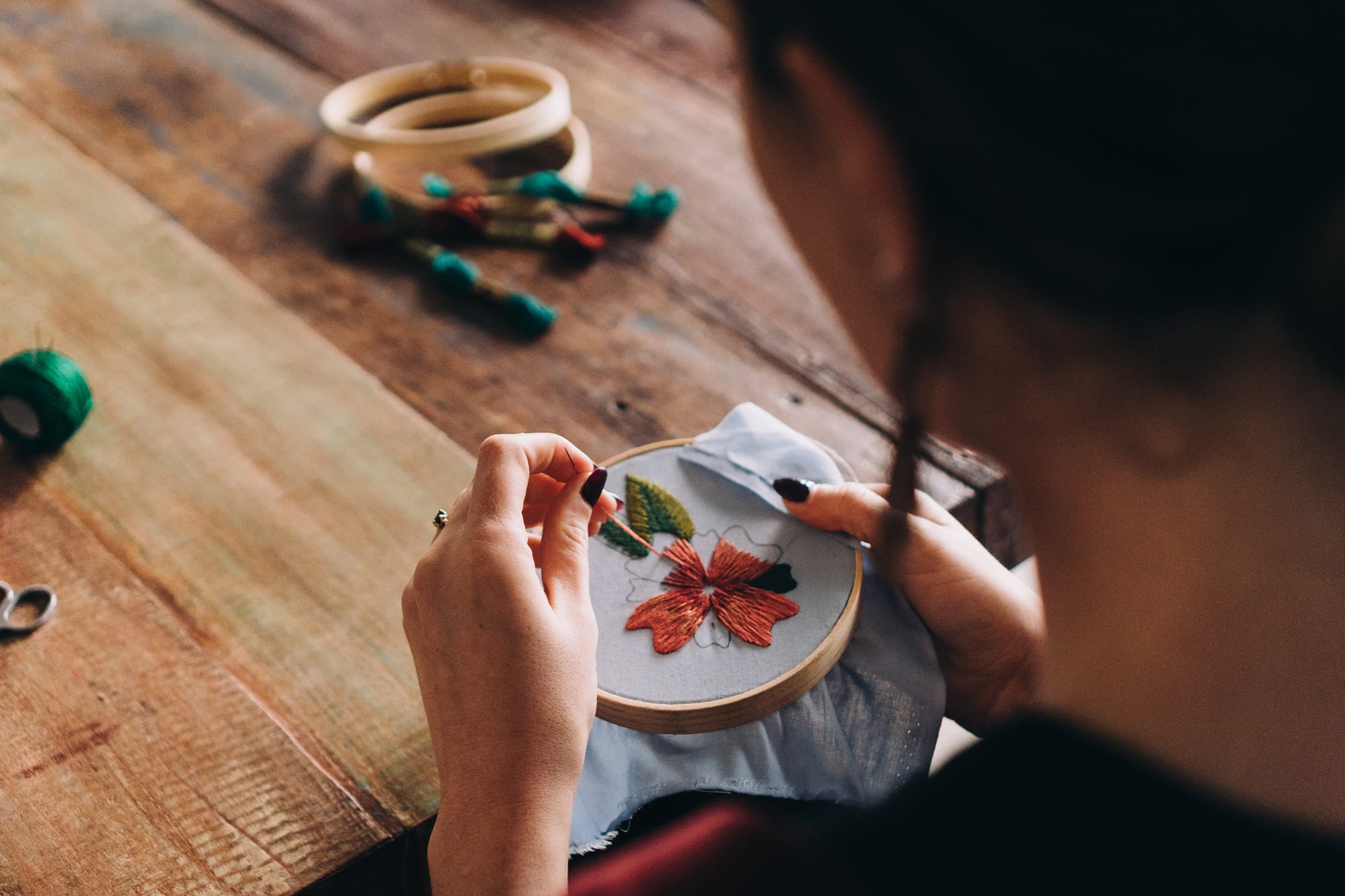
A desire for craft
The global handicrafts market was valued at approximately USD 739.95 billion in 2024, and is projected to grow at a compound annual growth rate (CAGR) of 4.9% from 2025 to 2030. This growth is driven by increasing consumer demand for traditional crafts and handmade luxury items, reflecting a broader appreciation for cultural heritage and artisanal products. (Grand View Research)
Love for local brands
Local and regional brands have demonstrated significant growth, with Swiss company Givaudan reporting a 12% volume growth from local customers in the first half of 2024, compared to a 4% growth from global fast-moving consumer goods companies. (Robeco)
Why brands should care
A study published in the Harvard Business Review found that 70% of consumers in international markets are more likely to purchase from brands that demonstrate cultural sensitivity and understand local customs and traditions.
Elevate local to global
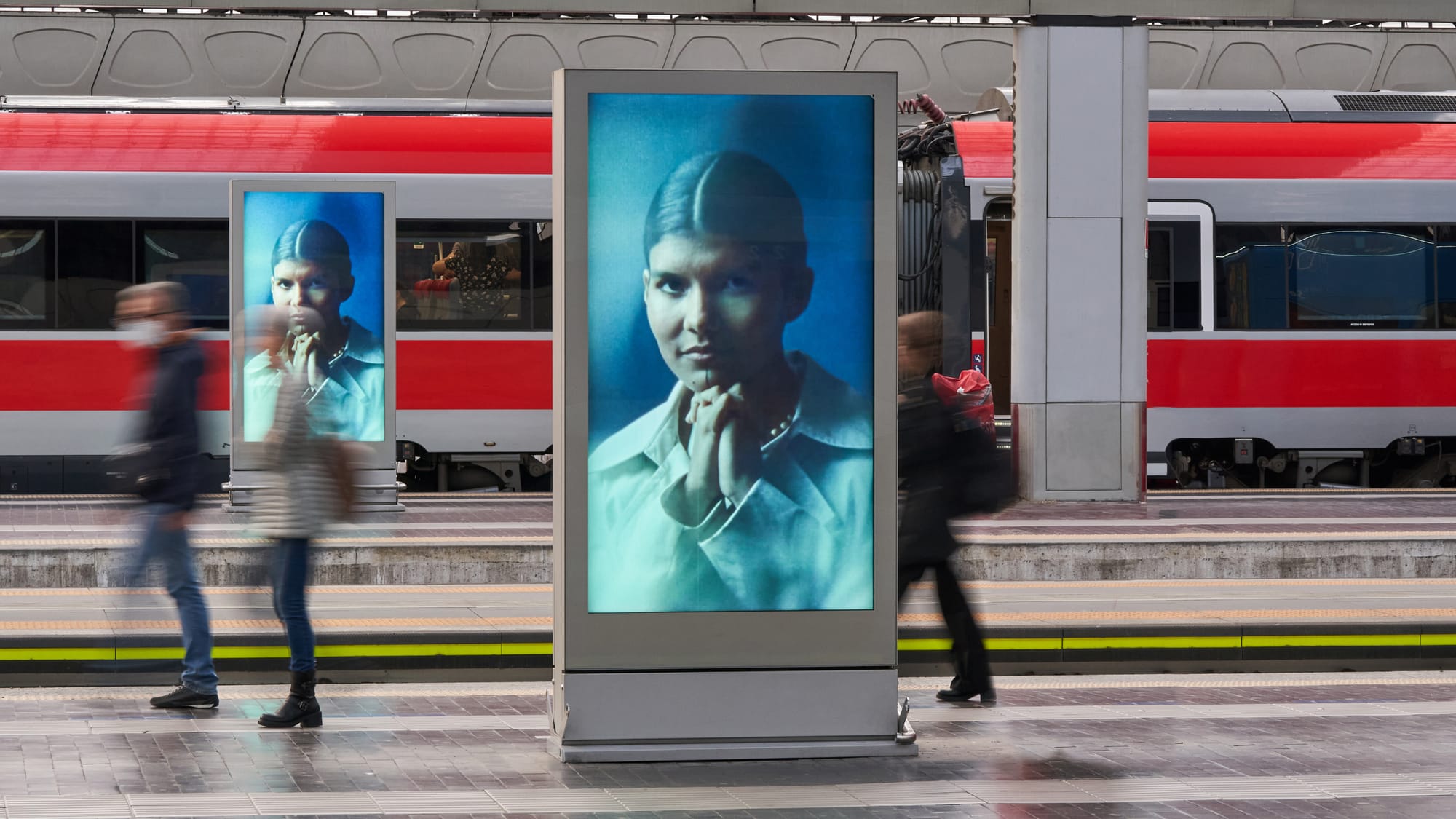
As part of Milan Design Week, Moncler partnered with Dazed Studio and Jefferson Hack to transform Milano Centrale station into a monumental public exhibition celebrating creative visionaries across disciplines. Beyond the scale and spectacle, An Invitation to Dream centred local voices - notably South African architect and educator Sumayya Vally, known for her work merging heritage, community architecture, and de-colonial practice, and London-based Julianknxx, a Sierra Leonean poet and filmmaker whose work reclaims identity through storytelling and visual language.
Showing up & supporting local talent from the inside
Launched in Lagos in 2018, Homecoming is a groundbreaking cultural festival bridging the gap between Africa and its global diaspora. Founded by Grace Ladoja, it brings together music, fashion, art, and sport, spotlighting local talent while collaborating with global brands like Nike, Stüssy, and Off-White. More than an event, it’s a platform for cultural exchange, reclaiming narrative and celebrating Nigerian youth creativity on a world stage.
Hire regional creative directors
I believe that brands should hire regional creative directors.
- Jack Self, Architect, Strategist, and Founder of Real Review
Dazed MENA
Dazed MENA celebrates emerging Middle Eastern talent and creativity, driven by youth in one of the world's youngest regions, demographically, and a region vastly underrepresented in publishing. At the helm of regional director Ahmad Swaid, it includes publications on its website and social channels, a quarterly print magazine, limited edition product collaborations and an annual events programme, all curated by creatives native to the region.
That's not all, folks!
- Folklore and the Internet: Vernacular Expression in a Digital World
- Internet Folklorist Gunseli Yalcinkaya explains reality shifting, dolls, incels/femcels, cryptids, memes, & AI

